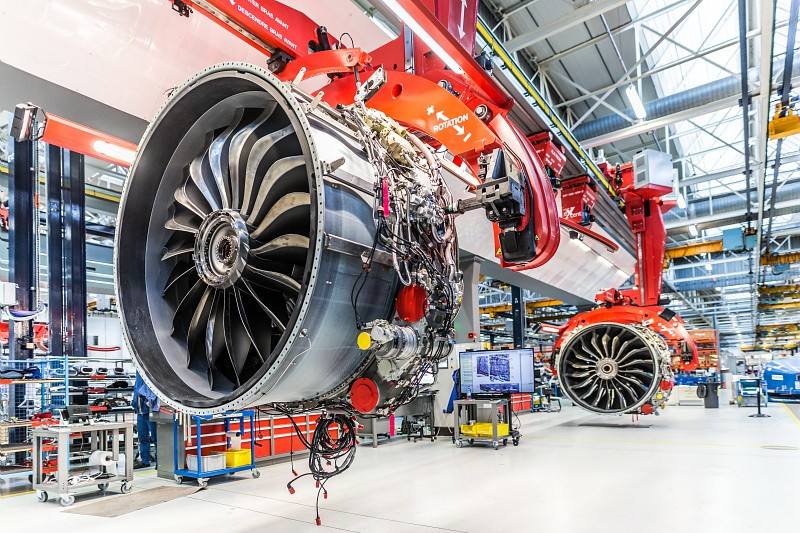In 2020, CFMI will produce ten Leap-1B engines per week, with the possibility of readjustment at Boeing request. Returning to normal could take some time, according to Philippe Petitcolin, CEO of Safran.
1,736 engines in 2019.
While CFMI continued to ramp up production of Leap engines in 2019, delivering 1,736 engines compared to 1,118 in 2018, Safran had to set up a cost reduction program, a hiring freeze to help absorb the impact of the Boeing 737 MAX crisis. In 2020, CFMI will produce an average of ten Leap-1Bs per week.
“Over the whole of 2020, we will be producing ten CFM Leap-1B engines per week. We work hand in hand with Boeing. If it wants an increase, we will look with our partner and our supply chain how quickly we can meet this demand. On a personal note, to get back to normal, I think it might take some time”, commented Philippe Petitcolin at Safran press conference on February 27.
Balance.
Over the past few weeks, Boeing and Safran have negotiated an agreement for the payment of the engines delivered in 2019. “Since March 13, 2019, we have continued to deliver engines to Boeing and we have barely been paid”, comments Bernard Delpit, Chief Financial Officer at Safran. “We are partially paid in advance since we receive deposits and then receive the balance when Boeing delivers the planes to the airlines. In the absence of deliveries to the airlines since March 13, we therefore no longer receive this balance, as the airlines reacted to the grounding of the 737 MAX and no longer pay a deposit. ¾ of the Leap-1B engines delivered in 2019 were not paid”, continues Bernard Delpit.
Repayment schedule smoothed beyond 2020.
Given this situation, Safran has reached an agreement with Boeing following a discussion in recent weeks, the terms of which remain confidential. “All the engines that we will deliver in 2020 will be net paid since we no longer expect airlines to pay deposits in 2020. We have agreed with Boeing the 2019 engine payment terms, which will extend beyond 2020”, adds Bernard Delpit.

